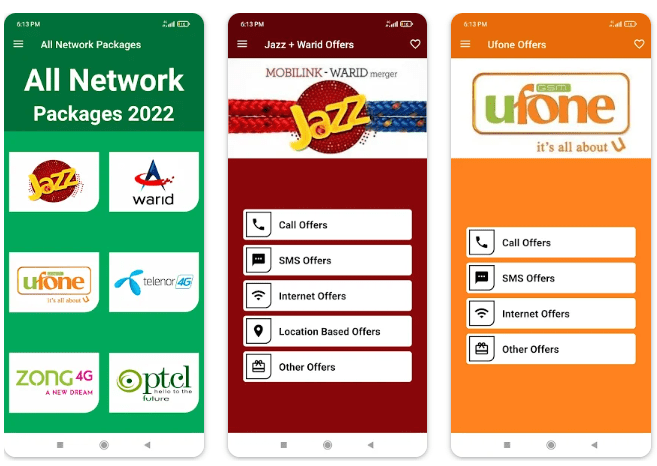Islamic status with earning for all
Introduction
Islamic status with earning
Are you looking to balance your Islamic beliefs with your professional endeavors? Do you want to ensure that your earnings are in line with the principles of Islam? Well then, this is the blog post for you! We will be exploring various ways in which you can maintain an Islamic status while also earning a living. From ethical investments to halal career options, we have got it all covered. So sit back, relax and discover how you can lead a fulfilling life both spiritually and financially.
Islamic Status with Earning
There are a number of ways in which an Islamic person can earn a living. A few Muslims may choose to work as physicians, lawyers, or engineers. However, the vast majority of Muslims choose to work in the Muslim faith-based industries. These industries include but are not limited to:
Types of Jobs that Allow for Islamic Status with Earning
There are a variety of jobs that allow Muslims to maintain Islamic status while earning an income. Some jobs that Muslim women can take on include working in the medical field, as a teacher, or in the food industry. Men can also find employment in these fields, but typically earn a lower wage than women. However, there are many other types of jobs where Muslims can work and maintain their Islamic status. For example, a Muslim accountant could work for a company that does not specifically deal with religious issues but still maintain their Islamic beliefs by abiding by the principles of halal (permissible) and haraam (forbidden) practices.
Requirements for a Job with Islamic Status with Earning
In order to have an Islamic job, certain requirements must be met. The first requirement is that the job must be in accordance with Sharia law. Second, the wage must be appropriate to the job and not too high or low. Third, the hours worked should be within the bounds of what is acceptable according to Islamic law. Fourth, the work environment must be safe and comfortable. Finally, there must be a commitment to upholding Islamic values in the workplace.
Conclusion
Islam is a religion of peace and devotion to God. It is the second-largest religion in the world, with over 1.6 billion followers. Muslims are expected to follow a code of conduct called Sharia that governs all aspects of their lives. One important aspect of Sharia is earning an Islamic livelihood or salaried career, which requires an individual to have a valid Islamic identification card (a jumin), work for an employer who is Muslim, and receive a salary from that employer that meets certain criteria set by Sharia law.
Advantage
There is a big advantage for Muslims to earn their livelihood through lawful means. This is because it prevents them from engaging in any form of illegal activity, which would lead to them being sinful and jeopardize their place in the afterlife. It also means that they can put their trust in Allah to provide for them, as He is the one who has ordained the system of life and death. Finally, it allows Muslims to be good citizens and contribute positively to society.
Best features
There are a few key features of the Islamic status system that make it one of the more popular options for those looking to achieve financial stability and security. One such feature is the ability to set aside money each month in designated savings accounts, which can then be used to cover unforeseen expenses or as a cushion against potential misfortune. Additionally, Islamic status allows for an increased level of flexibility when it comes to making financial decisions, as decisions about what expenses to cover and how much money to save can be made based on specific circumstances and goals rather than preset rules or guidelines.
Additionally, Islamic status offers an increased sense of security when it comes to your finances. Because all deposits are backed by government guarantees, investors can rest easy knowing that their money is safe and will be available when they need it most. In addition,Islamic status also allows for investments in other high-growth industries, such as real estate or stocks. This provides an increased opportunity for long-term success and financial stability, both now and in the future.
Main theme
There are a number of benefits that come with being an Islamic individual. One such benefit is that Muslims receive preferential treatment in many areas of life, including employment, housing and education. However, there are also a number of prohibitions on behaviour that apply to all individuals, regardless of their religious affiliation.
One such prohibition is the prohibition against earning a living through un-Islamic means. This includes activities such as trading in goods and services that are prohibited by Islam, performing usury (a practice where interest is charged on loans), or engaging in other forms of business that violate the principles of the Islamic faith. While there may be some exceptions to this rule, generally speaking Muslims should steer clear of activities that could conflict with their religious beliefs



